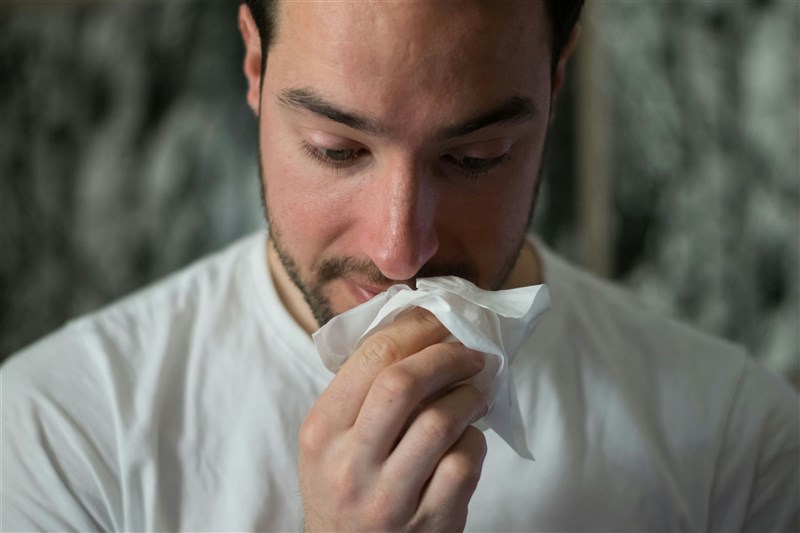Second, third-born kids have lower risk of allergies, asthma: Study

Taipei, Nov. 20 (CNA) A study by Taiwanese researchers has found that compared to first-borns, second- and third-born children had lower rates of allergic diseases and asthma, possibly due to increased microbial exposure early in life.
The study, which was published in September in the medical journal Pediatric Allergy and Immunology, investigated the relationship between Taiwan's declining birth rate and the rising prevalence of allergic diseases among children.
Fertility rates in Taiwan have dropped significantly, from 3.69 in 1970, to 1.5 in 1998 and 0.87 in 2023, the study noted.
At the same time, the prevalence of asthma in children has risen from 1.3 percent in 1974 to 20.3 percent in 2019, while allergic rhinitis (hay fever) rates rose from 7.8 percent to 50.6 percent and eczema rates rose from 1.4 percent to 11.3 percent, the study said.
To understand these changes, the study authors analyzed data from the Taiwan Birth Registration Database from 2004 to 2014 and linked it to the National Health Insurance Research Database, categorizing children by their birth order.
Fertility rates and allergy prevalence data from 1974 to 2023 were also analyzed to explore longer-term trends.
The researchers found that higher birth order was associated with lower allergic disease risk.
Compared to first-borns, second-born and third-or-later born children had reduced risks of eczema (by 21.3 percent and 37.5 percent), asthma (25.0 percent and 26.9 percent) and hay fever (16.3 percent and 29.3 percent), the study found.
According to the authors, the findings suggest that "declining fertility and smaller family size may contribute to increased childhood allergy prevalence."
While they did not state why first-born children had higher rates of such diseases, they speculated that it could be related to "reduced microbial exposure earlier in life."
The study was authored by Chan Chin-kan (詹金淦), a pediatrician at Taoyuan General Hospital, and Chen Pau-chung (陳保中), director of the National Institute of Environmental Health Sciences.
-
Culture
Paper Windmill's Rain Horse to show at Chiayi Taiwan Lantern Festival
03/01/2026 07:16 PM -
Sports
Taiwan's Lin Yun-ju advances to WTT men's singles final in Singapore
03/01/2026 06:45 PM -
Society
Taiwanese in LA mark 228 anniversary with children's event
03/01/2026 05:33 PM -
Culture
Wuling Farm lifts traffic controls, making cherry blossom viewing easier
03/01/2026 05:12 PM -
Society
Taichung worker found dead in sewage tank
03/01/2026 04:29 PM